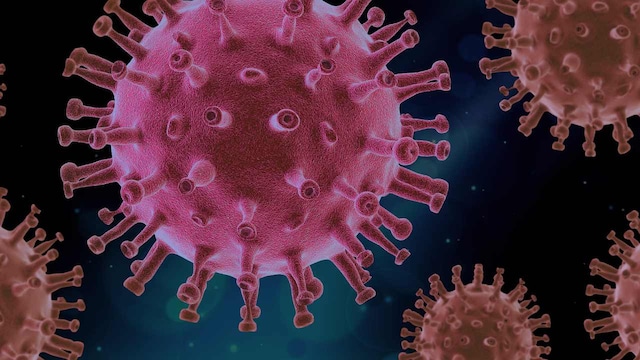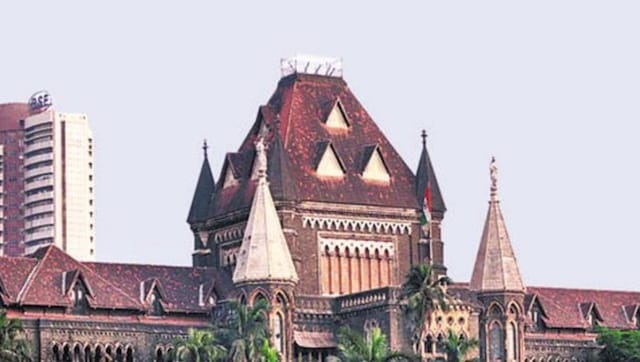GSK, Vir Bio's COVID-19 antibody treatment can reduce hospitalisation, deaths
They announced the results of the study, pending online publication, that demonstrates the efficacy of VIR-7831 against variants of concern from the UK, South Africa and Brazil.

On the basis of the success of the trial, which analysed data from 583 patients, Vir and GSK will seek authorisation for emergency use of the treatment in the US and other countries.
British pharmaceutical giant GlaxoSmithKline (GSK) and California's Vir Biotechnology said on Tuesday that an antibody treatment developed by them helped reduce both coronavirus deaths and hospitalizations. Results from phase-three clinical trials showed the monoclonal antibody, known as VIR-7831, had an 85 percent efficacy in reducing hospitalisation or death from COVID-19
deaths and hospitalizations. Results from phase-three clinical trials showed the monoclonal antibody, known as VIR-7831, had an 85 percent efficacy in reducing hospitalisation or death from COVID-19 compared to a placebo, GSK and Vir said in a statement to the London Stock Exchange. They said the evidence of the drug's "profound efficacy" meant hospitalisation for early treatment of adults at high risk from COVID-19
compared to a placebo, GSK and Vir said in a statement to the London Stock Exchange. They said the evidence of the drug's "profound efficacy" meant hospitalisation for early treatment of adults at high risk from COVID-19 could be stopped.
could be stopped.
Before the release of the results of the phase-three trials, the British and US groups said the antibody could increase the number of people who have tested positive for the virus being treated as outpatients.
On the basis of the success of the trial, which analysed data from 583 patients, Vir and GSK will seek authorisation for emergency use of the treatment in the US and other countries.
The companies also announced the results of a new study, pending online publication, that demonstrates the efficacy of VIR-7831 against variants of concern including those discovered in the UK, South Africa and Brazil.
George Scangos, Vir's chief executive, said the "exciting data" brought the antibody "one step closer to delivering an effective new solution to patients around the globe".
He said the data demonstrated "the potential of VIR-7831 to prevent the most severe consequences of COVID-19 " and showed its "potential ability to protect against the current circulating strains of the virus".
" and showed its "potential ability to protect against the current circulating strains of the virus".
Hal Barron, GSK's chief scientific officer, said the studies had been encouraging and the companies would look to "further exploring its potential in other settings".
GSK, which has announced delays to the delivery of its COVID-19 vaccine, revealed in February net profits soared by almost a quarter last year on the back of divestments.
vaccine, revealed in February net profits soared by almost a quarter last year on the back of divestments.
Profit after tax jumped 24 percent to £5.7 billion ($7.8 billion, 6.5 billion euros) in 2020 from a year earlier, GSK said in a results statement. Revenues however rose by just one percent to £34 billion.
also read

'Premature, unrealistic' to think COVID-19 pandemic will end this year: WHO
Hospitalisations and deaths can be significantly reduced if the vaccine rollout is successful , said Michael Ryan, director of WHO's emergencies program

India reports 26,291 COVID-19 cases, highest single-day spike in 85 days; toll rises to 1.5 lakh
Registering an upward trend for five days in a row, the total active caseload has gone up to 2,19,262 which is 1.93 percent of the total infections in the country

'Have you seen Titanic?': Bombay HC calls plea for vaccinating judges, lawyers first ‘selfish’
The court was hearing a plea by Mumbai-based lawyers, seeking members of the judiciary, advocates and staff be considered frontline workers and provided vaccine on a priority basis
